
Joe Biden 'hælder brændstof på ilden i Ukraine.'
— Roger Waters of Pink Floyd
Det kræver en musikalsk kunstner at skære gennem moradset af propaganda for at uddanne amerikanske mainstream-medier (MSM) om Rusland-Ukraine-krisen og USA's rolle i at anstifte denne konflikt til sine egne uhyggelige formål.
MSM har konstrueret en ufortyndet fortælling om 'Putins krig', der skjuler Amerikas imperialistiske ekspansion ind i Østeuropa. Det er fuldstændig orwellsk i sin bestræbelse på at projicere på Rusland, hvad USA og dets vigtigste imperiale allierede, Storbritannien (som en britisk journalist anså for 'Amerikas slæbebåd'), har gjort non-stop siden 1945 - og faktisk i århundreder.
Looking back, the U.S. under Truman began the policy of turning enemies (Germany, Japan) into friends and friends (the important war-time alliance with the USSR) into enemies. The CIA, established in 1947, was the main clandestine instrument of this policy, working closely with the neo-Nazi Organization of Ukrainian Nationalists (OUN) to carry out acts to sabotage, divide and destabilize the Soviet state.
OUN logo [Source: wikimedia.org]
The OUN, in particular the faction led by the German ally Stepan Bandera and his second in command, Yaroslav Stetsko, OUN-B, was a violently anti-semitic, anti-communist, and anti-Russian organization, which collaborated with the Nazi occupation and actively participated in the slaughter of millions of Poles, Ukrainian Jews, and ethnically Russian and Ukrainian communists in the region. Nonetheless, The Washington Post treated Stetsko as a national hero, a "lonely patriot."
The OUN-German alliance in 1941 was backed by the leaders of the Ukrainian Orthodox and the Ukrainian Greek Catholic churches. The latter's archbishop, Andrey Sheptytsky, penned a pastoral letter that declared: "We greet the victorious German Army as deliverer from the enemy. We render our obedient homage to the government which has been erected. We recognize Mr. Yaroslav Stetsko as Head of State ... of the Ukraine."
On the occasion of the German invasion of the Soviet Union, the OUN put up posters in the western Ukrainian city of Lvov that read: "Do not throw away your weapons now. Take them in your hands. Destroy the enemy....People! Know! Moscow, Poland, the Hungarians, the Jews are your enemies. Destroy them!...Glory to Ukraine! Glory to the Heroes! Glory to the Leader! [Bandera]"
Notably, this call for ethnic cleansing does not cite the Germans then occupying Ukraine, yet the fascist and neo-Nazi propagandists who are waging a war in the Donbas region today portray their forebearers as heroes for having defended Ukrainian nationalism from the Soviets and Germany. The Pentagon successfully pressed Congress to lift restrictions on training and providing military assistance to groups, such as the Azov Battalion, that are based on fascist or neo-Nazi ideology.
As in the past, U.S. foreign policy is prepared to accommodate such sectors within its circle of allies. On December 16, 2021, a draft resolution of the UN General Assembly was listed as "Combating glorification of Nazism, neo-Nazism and other practices that contribute to fueling contemporary forms of racism, racial discrimination, xenophobia and related intolerance."
It passed by a recorded vote of 130 in favor (mainly the Third World, constituting the large majority of the world's population), 51 abstentions (mainly the EU, Australia, New Zealand and Canada), and two opposed, the two being Ukraine and the United States. The Western European countries that Hitler conquered and occupied would not condemn present-day manifestations of Nazism and fascism.
Harry Truman, infamously declared as a senator in 1940 in response to Operation Barbarossa that "If we see that Germany is winning, we ought to help Russia and if Russia is winning we ought to help Germany and that way let them kill as many as possible." This showed what little regard he had for the Russian and other Soviet people — which became more evident when he became president.
During his tenure in the White House, the U.S. helped rebuild the industrial capacity of Western Europe (in large part to prevent communists and socialists from winning elections), but he also launched a war on North Korea, destroying virtually every structure in the country through bombing, including incendiary and napalm weapons.
Comment: Not only were just conventional weapons used on North Korea:
- Secret crimes: U.S. dropped insects carrying anthrax, cholera, encephalitis, and bubonic plague on North Korea
- How the US Empire was made in North Korea
- SOTT Exclusive: US-occupied Korea - A forgotten verdict for a forgotten war
The best-known period is from June 25, 1950, until July 27, 1953, the "Korean War," when over 4.6 million Koreans perished, according to conservative Western estimates, including 3 million civilians in the north and 500,000 civilians in the south. The evidence of U.S. war crimes presented to this Tribunal included eyewitness testimony and documentary accounts of massacres of thousands of civilians in southern Korea by U.S. military forces during the war. Abundant evidence was also presented concerning criminal and even genocidal U.S. conduct in northern Korea, including the systematic leveling of most buildings and dwellings by U.S. artillery and aerial bombardment; widespread atrocities committed by U.S. and the Republic of Korea (R.O.K.) forces against civilians and prisoners of war; the deliberate destruction of facilities essential to civilian life and economic production; and the use of illegal weapons and biological and chemical warfare by the U.S. against the people and the environment of northern Korea. Documentary and eyewitness evidence was also presented showing gross and systematic violence committed against women in northern and southern Korea, characterized by mass rapes, sexual assaults and murders.This does not take into account the near 45 years of Japanese occupation/rule over the whole of Korea prior to the U.S. post WWII attack. Death statistics of what took place during this earlier period are not easily accounted for, however it was very high, including mass death at labor camps.
For more on this part of history, see: The Truth Perspective: Hidden History of US Disaster in Asia: Interview with James Bradley
He initiated the Cold War, massively escalated the military budget, organized NATO, and used atomic weapons on civilian populations in Hiroshima and Nagasaki, in large part to block the allied Soviets from gaining territory in Japan in the last days of the war.
Perhaps Truman's most destructive initiative was the creation of the CIA, a monster that he later claimed got out of hand, telling a friend "I never would have agreed to the formulation of the Central Intelligence Agency back in forty-seven, if I had known it would become the American Gestapo, "though as president he supported its clandestine activities in Eastern Europe.
The immediate target was Soviet Ukraine, which the CIA hoped through its clandestine projects to "crack apart" with saboteurs behind enemy lines.
Its task was a carry-over from the World War II covert action agency, the OSS, which had worked with partisan groups resisting the Nazi occupation. In Ukraine, the U.S. simply flipped the enemy by supporting Nazi insurgent organizations fighting the Soviet Union, the country that had just saved Europe from the scourge of Hitler's Third Reich.
The CIA's plan, part of its "stay behind" operations in Central and Eastern Europe, was to airdrop Ukrainians from the ultra-nationalist groups, in particular OUN-B, that would involve the smuggling of weapons, the uses of covert communication transmissions, spies, commandos, banditry, assassins and sabotage.
A declassified secret CIA history shows that the Agency refused to extradite the OUN war criminal Bandera to the Soviets in order to keep the underground movement and the destabilization efforts in Ukraine intact.
Instead, two branches of the CIA, the Office of Policy Coordination (OPC) for covert operations and the Office of Special Operations (OSO) for clandestine projects for which the U.S. government provided cover, both protected the OUN and worked closely with the anti-Soviet Ukraine Insurgent Army (UPA) "for psychological warfare activities directed against Polish, Czechoslovakian, and Romanian targets bordering Ukraine."
OPC and OSO "agree[d] that the Ukrainian organization [Ukrainian Supreme Council of Liberation], the governing body of the OUN, offers unusual opportunities for penetration of the USSR, and assisting in the development of underground movements behind the Iron Curtain."
The CIA operation was codenamed PBCRUET-AERODYNAMIC, based on a top-secret document dated June 17, 1950.
The OUN
The OUN party congress in August 1939 called for an "ethnically uniform" state, a concept that escalated after 1941 with its commitment to a "cleansing operation against all enemies of the race." Ukraine's Jews, numbering about 1.5 million, were virtually annihilated by the Germans, aided by OUN's Ukrainian Insurgent Army, the Ukrainian police, and by ordinary Ukrainian citizens. OUN was made up of a range of Ukrainian fascists, Nazis, and other extreme elements but also included Slovak Hlinka Guards, Ukrainian SS from the 14th Grenadier Waffen-SS (Galicia) Division, and mercenary German SS.
The mass murder of Poles (estimated at 100,000 to 200,000) escalated in 1943, again actively joined by the UPA. The OUN-UPA also collaborated with the Germans in rooting out thousands of Ukrainian Russians for extermination. Its self-appointed "prime minister," Yaroslav Stetsko depicted Russians as a barbarian, non-European race, descended from Mongols and Huns.
After the war, the U.S. saw no problem with working closely with Stetsko who, in his own biography (1941), wrote: "I consider Marxism to be a product of the Jewish mind, which has been applied in the Muscovite prison of peoples by the Muscovite-Asiatic people with the assistance of Jews. Moscow and Jewry are Ukraine's greatest enemies and bearers of corruptive Bolshevik international ideas.... I therefore support the destruction of the Jews and the expedience of bringing German methods of exterminating Jewry to Ukraine, barring their assimilation...."
Neither his madness, nor the Nazi death camps, nor the three million Russian POWs who died in concentration camps nor the utter barbarity of the German and allied invasions changed the course of U.S. official thinking about how high-ranking Nazis and fascists could be useful to America's war with Soviet socialism. Stetsko was given a broad welcome in Washington, where he was fêted by Ronald Reagan and George H.W. Bush as an esteemed leader of the Anti-Bolshevik Bloc of Nations, which originally was a Nazi German formation (noted by Stephen Dorril), and permanent ABN delegate to the World Anti-Communist League.
Rollback
By the early 1950s, after parachuting 85 agents into Ukraine, three-quarters of them captured, the CIA conceded that the project was a dismal failure. This did not deter the cold warriors from using regime-change mercenaries elsewhere, including the failed Bay of Pigs a decade later. With the Ukrainian insurgent movement crushed, many of the Banderites, including Mykola Lebed, one of the founders of the OUN and a lieutenant of Bandera trained by the Gestapo in ruthless methods of torture, became émigrés.
Lebed, who had served as the organization's foreign minister and head of its notorious secret police, was described by the U.S. Army as a "well-known sadist and collaborator of the Germans." He migrated to Munich after the war, where he played an important role in the newly formed and secretly CIA-run Radio Free Europe, the U.S.-funded propaganda organ that transmitted to Eastern Europe. RFE was joined by Radio Liberty (also run by the CIA and directed to the Soviet Union) and the Voice of America in not only broadcasting propaganda but also for relaying one-way coded messages to "stay behind" saboteurs.
During the war, Lebed was said to have been a good pupil and favorite of the German Gestapo. Afterwards, relocated in Munich, Lebed enjoyed the patronage (as did Bandera) of Nazi intelligence officer Reinhard Gehlen, who himself had close operational relations with the CIA.
Gehlen later became head of West German intelligence, employing the Nazis he had worked with during the war, and helping the CIA by sharing information on Eastern Europe. When Lebed fell out with the post-war OUN-B in Germany, the CIA smuggled him and many other Ukrainian ultra-nationalists to the U.S.
With the endorsement of CIA Director Allen Dulles, Lebed worked in New York City (and lived in affluent Westchester County) under a false name as an anti-Soviet intelligence asset and was given citizenship. The far-right Ukrainians then and now have long been instruments of a Cold War policy. "Former members of the Ukrainian underground now in the United States," the CIA wrote in a top-secret 1950 document, "will be exploited to the fullest extent practicable."
In the early Cold War years, there were hundreds if not thousands of Nazis, including such war criminals as SS officer Otto von Bolschwing (a leading organizer of the Final Solution and an adjutant of Adolf Eichmann), brought into the U.S. from Germany, Ukraine, the Balkans, the Baltic states, and Byelorussia.
Comment: The U.S. was not the only destination: Canadian fascists: In solidarity of Ukrainian fascism
Also among them was Adolf Heusinger, "one of the many high-ranking Nazi and fascist officials who had been integrated into U.S. military and intelligence networks." Heusinger had been Hitler's Chief of the General Staff of the Army, and in 1961-1964 was appointed as Chairman of the NATO Military Committee, so fluid was the transition from being a high-ranking Nazi to becoming a military commander of the "Free World."
Meanwhile, Bandera's demand for total control of the OUN led to friction within the Germany-based fascist leadership. By 1950, the U.S. and UK were planning joint operations into Ukraine, but the CIA at that point decided to work more closely with the ZP/UHVR (foreign representation of the Ukrainian Supreme Liberation Council, the umbrella organization of all right-wing nationalist formations), while the British MI6 took on Bandera as their chief contact among the Ukrainians.
When Bandera was assassinated in 1959 after the U.S. refused to extradite him to the Soviet Union for war crimes, Stetsko took over the OUN.
With the collapse of the Soviet Union in 1991, the U.S. thought it at last had Russia in its grasp. Under the autocratic, vodka-driven rule of Boris Yeltsin in Russia, the U.S. was invited in to guide a neoliberal "shock therapy" program, which resulted in the complete destruction of the Russian economy.
American-style capitalism created a severe depression with massive unemployment, falling wages, loss of pensions, oligarchs taking over formerly state-owned industries, increased inequality and poverty, rising alcoholism, and a significant decline in life spans.
Although Yeltsin put up some resistance, the Clinton administration had its way in expanding NATO into Poland, the Czech Republic, and Hungary, a violation of agreements made between George H.W. Bush and Mikhail Gorbachev on not expanding the military organization "one inch" to the east. This false promise was supposed to be a concession to the Soviets for not blocking German reunification and its NATO membership.
Henceforth, this began a steady progression of NATO enlargement, which certified Ukraine as a future member and a de facto associate member and brought arms deliveries, weapons training, and coordinated war games with the Ukrainian army in anticipation of a war with Russia — along with bank accounts for cooperating Ukrainian politicians.
Vladimir Putin proved to be a far superior Russian leader, turning around the economy, reining in many of the oligarchs, and restoring confidence in the Russian state. In Ukraine, the U.S. saw an opportunity in the 2004 presidential election to pull Ukraine away from the influence of Russia.
Along with visits to the country by high-level officials, the U.S. intervened by using several other channels, including the regime-change organizations, National Endowment for Democracy, USAID, Freedom House, George Soros's Open Society Institute (now Foundations), and the ever-present CIA, to block the election of Russia-leaning Viktor Yanukovych and install a pro-American neo-liberal Viktor Yushchenko as president.
With U.S. help, Yushchenko prevailed but failed miserably as president. The fire alarm went off again for the U.S. in 2010, when Yanukovych was elected president. By then, Yushchenko was fully discredited as a leader, receiving only 5.5% of the first-round vote, thereby eliminating him. The U.S. has had a hard time picking winners.
The 2013-2014 anti-government protests, which started out peacefully in Kyiv's Maidan (square), was urged on by visits to the streets by the U.S. undersecretary of state and regime change specialist, Victoria Nuland, who repeatedly met with coup plotters. Joining her were Senators John McCain (R-AZ) and Chris Murphy (D-CT), who stood on a platform in the square with the neo-Nazi leader Oleh Tyahnybok to offer America's support, presumably without formal authorization, for the illegal overthrow of Yanukovych.
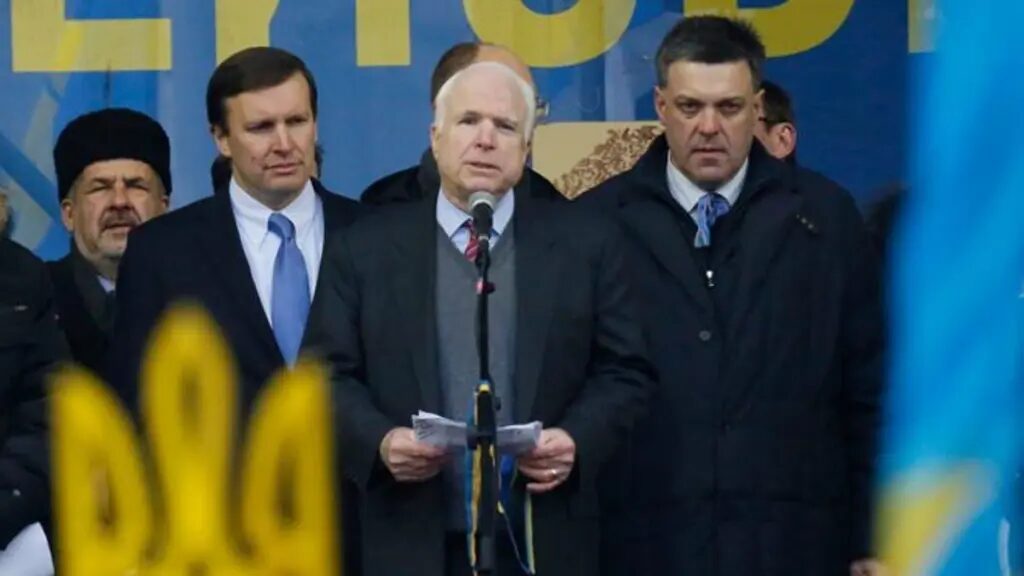
In interviews with European reporters in June 2022, Petro Poroshenko, who was a regular informant at the U.S. Embassy in Kyiv before he was sponsored by the U.S. to become president in 2014, said that while in office, he signed the Minsk agreements with Russia, France and Germany and agreed to a cease-fire merely as a ploy to buy time in building up the military and preparing for war. "Our goal," he said, "was to, first, stop the threat, or at least to delay the war — to secure eight years to restore economic growth and create powerful armed forces."
The Propaganda War
President Biden and other public officials have repeatedly
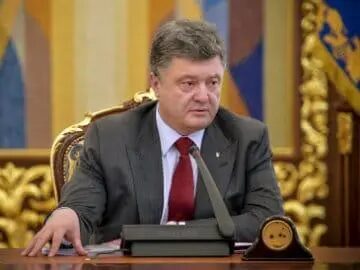
The problem, as many observers have noted, is that the mainstream media serve as little more than a national and international graphic transmission and amplification tool of the state and ruling-class consensus. This, of course, is nothing new, as more than 400 journalists from the MSM were discovered to have served as the eyes and ears of the CIA during much of the Cold War, as reported by Watergate journalist Carl Bernstein. There is evidence that at least some journalists continue to act as messengers for the Agency.
Those Washington Beltway insiders have problems understanding what constitutes provocation. The expansion of hostile U.S. and NATO forces and war games carried on to the gates of Russia, including the plan to add Ukraine and Georgia to the list of members, are clearly provocations. And if Biden's memory is at all intact, he will remember how the Kennedy administration treated the presence of a single Soviet military base in the Western Hemisphere (in Cuba) as a threat to U.S. security. In that case, the Soviets had the good sense to back off.
The Maidan coup in 2014, which even the U.S. puppet president Poroshenko admitted was unconstitutional (i.e., illegal) and the subsequent banning of the Russian language and call for a general ethno-cleansing in public institutions and media by his government were provocations. So too were the military assaults in the Donbas region, instigated by the U.S.-armed and -trained neo-Nazi Azov Battalion, starting in 2015. Just prior to the Russian invasion, Kyiv put a massive formation of troops on the border with the breakaway oblasts, Donetsk and Luhansk.
The secession of Kosovo, following 78 days of U.S. bombing of Russian ally Serbia, had Washington's full support and for Russians served as a precedent for the Crimea breakaway. Prior to the Russian invasion, Volodymyr Zelensky launched authoritarian purges of opposition parties that were accused of giving voice to Russian-speaking Ukrainians. Poroshenko and Zelensky refused to abide by the Minsk agreements. These too were provocations.
Indeed, the 75-year history of U.S. efforts to destroy the sovereignty of the Soviet and Russian states is an unending provocation. The U.S. and NATO aggression against Russian allies in Syria and Serbia (and China) and the "color revolutions" in Belarus, Serbia, Georgia, Ukraine and elsewhere in the former Soviet region and the expanding list of sanctions against Russia are further forms of aggression. The amnesia of the MSM in this recent history would be difficult to comprehend were it not for the understanding that they in fact serve as instruments of state propaganda, what Louis Althusser called ideological state apparatuses.
As Noam Chomsky expressed it: "It's quite interesting that in American discourse, it is almost obligatory to refer to the invasion as the 'unprovoked invasion of Ukraine.' Look it up on Google, you will find hundreds of thousands of hits. Of course, it was provoked. Otherwise they wouldn't refer to it all the time as an unprovoked invasion." If Chomsky is not convincing enough, perhaps the U.S./NATO warmongers might heed Pope Francis, certainly no Russophile, who ascertained that the invasion is the result of "the barking of NATO at the gates of Russia.... I can't say if it was provoked, but perhaps, yes."
The deluge of MSM propaganda against Russia and the embargo of voices that question the official story regarding the 2014 coup and the Russia-Ukraine conflict expose U.S. democracy as a model not worthy of emulation. There are few if any authoritarian states where suppression of news is of such magnitude and so institutionally entrenched as in the U.S.
Elsewhere, I have discussed the wide presence of former military and intelligence officials with ties to defense industries populating the broadcast and cable news channels as "expert analysts," and the uses of white supremacist ideology by MSM reporters to depict displaced Ukrainians as a special group of "worthy victims."
A central feature of the MSM reporting and celebrity culture has been the portrayal of Zelensky as a "hero," selflessly defending Ukraine against tyranny. The hero image in America is an old trope taken from a long line of such larger-than-life military exemplars that include John Wayne's characters in World War II, the construction of the Vietnam war criminal into "war hero" John McCain, the chicken hawk Ronald Reagan, Rambo, the Indian killer Daniel Boone, and so many others.
Propaganda is now openly a major part of the U.S. war arsenal, and the government does little to hide the fact. Apart from the massive arms shipments the U.S. and NATO allies are supplying Ukrainians to kill domestic and foreign Russians, some 150 American and other global PR firms, according to PRWeek, including a British company with close ties to the ruling Conservative Party, have offered to supply Ukraine with propaganda tools — weapons of mass deception.
At the same time, there has been close to no reporting on Zelensky's less than sterile record on corruption, an endemic problem for Ukraine, which is ranked the by U.S.-, UK- and corporate-funded Transparency International as the most corrupt country in Europe. Apart from failing to bring down the oligarchs who rule the country (50 of whom hold 45% of the country's wealth), including his own patron, the corrupt and U.S.-sanctioned Ukrainian-Israeli-Cypriot billionaire Igor Kholomoisky, Zelensky himself has been exposed in the Pandora Papers as a goniff, with millions stashed away in offshore accounts in the British Virgin Islands and in properties in London. His shuttering of the entire political, media and intellectual opposition makes it difficult for Ukrainians to get wind of his less-than-heroic financial machinations.
Exposure of these realities in the U.S. and UK social media or in books and journals leads to being labeled a Russian "bot" or "Putin's useful idiot." Perhaps the most authentic useful idiot is Russiagate Rambo Adam Schiff, Democrat from California and Chairman of the House Permanent Select Committee on Intelligence, who on the occasion of the Trump impeachment hearings in January 2020, said, "We fight Russia over there so we don't have to fight them here."
This is what passes for intelligence in Congress.
Takeaways
One must take seriously the insight of German political theorist Carl Schmitt, who argued that powerful nation states need to have enemies in order to define who they are, and that their "political actions and motives can be reduced to the distinction between friend and enemy." For Schmitt, the "enemy" need not be construed as evil, but for the U.S., the enemy is always embedded with religious notions of immorality.
Schmitt ultimately lent his intellect to the service of the Third Reich, but the U.S. itself confirmed by its early "stay behind" actions in Ukraine and other parts of Europe that it was prepared to adopt some of the same tactics, if not ideology, of their Nazi recruits.
Constructing the Soviet Union, later Russia, as an enemy had at least three utilities: creating a national threat to divert public attention from the massive inequities within the corporate capitalist economy; justifying the building of a national security (police, imperialist) state and empire, built upon a military-industrial-media complex, with an extraordinary level of military spending as a hedge against depression; and organizing a broad propaganda complex modeled on the Office of War Information in World War II to maintain the legitimacy of the state as a moral force in a world threatened by evil leaders who seek to take away Americans' freedom.
In reality, it is the U.S. itself which is stripping the country of its vaunted "four freedoms" and denying other countries, particularly in the Third World, of their independent paths to development and freedom.
The main point of the anti-imperialist argument is not to defend the war in Ukraine but to look more deeply into its causes. The U.S. has long been a highly militarized society and indeed has been out of war for only15 years of its existence.
And when the U.S. is not directly invading (into 84 countries to date), it sponsors invasions and coups against countries that run against its strategic interests (Chile, Nicaragua, Indonesia, Yemen, Brazil, Argentina, Angola, Venezuela, D. R. Congo, Gaza, Greece, Ecuador, Ghana and many others).
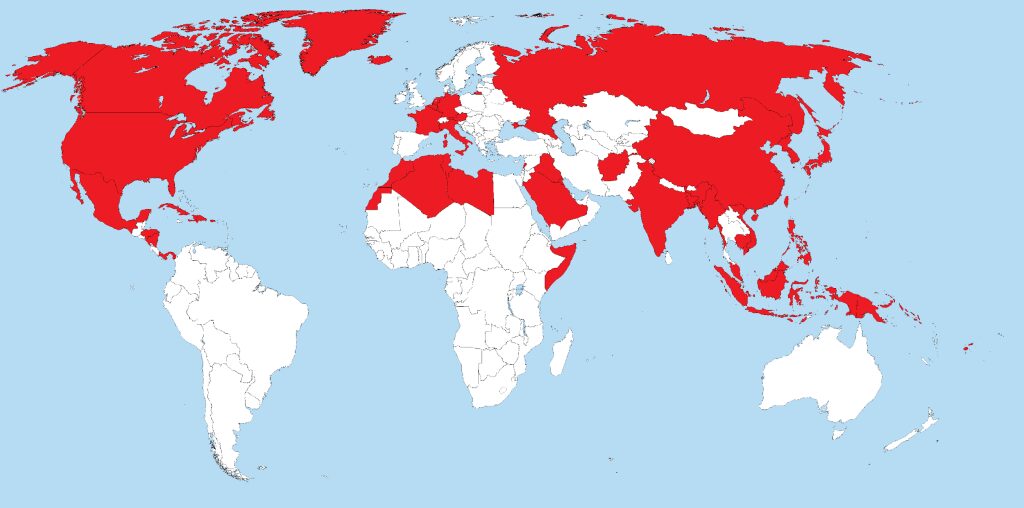
Beyond Ukraine lies the vast territory of Russia and untold wealth of energy, strategic minerals, and other resources that call out to a globally expansionist and militarist corporate capitalist system like the U.S. There are certainly ways out of the present crisis in Ukraine, but they require the neutralization of the country and its conversion to a demilitarized state that, with the U.S. alliance, respects and enforces the rights and equality of its ethnic Russian population.
The West also has to acknowledge on some level Russia's legitimate security interests, which have become compromised by the horde of NATO forces far too close to its borders. The concept of state security is enshrined in the United Nations Charter, and the avoidance of an even larger catastrophe requires that the U.S. act in compliance with UN dicta for peace and remove its obstacles to a negotiated settlement, which is in the long-term interest of Ukraine, Russia, and the rest of the world.
About the Author Gerald Sussman
Gerald Sussman is a professor of international relations and author of numerous books, including Branding Democracy: U.S. Regime Change in Post-Soviet Eastern Europe (2010).
Prof. Sussman can be reached at sussmang@pdx.edu. For more information, see his website at: https://www.pdx.edu/global-studies/profile/gerald-sussman.
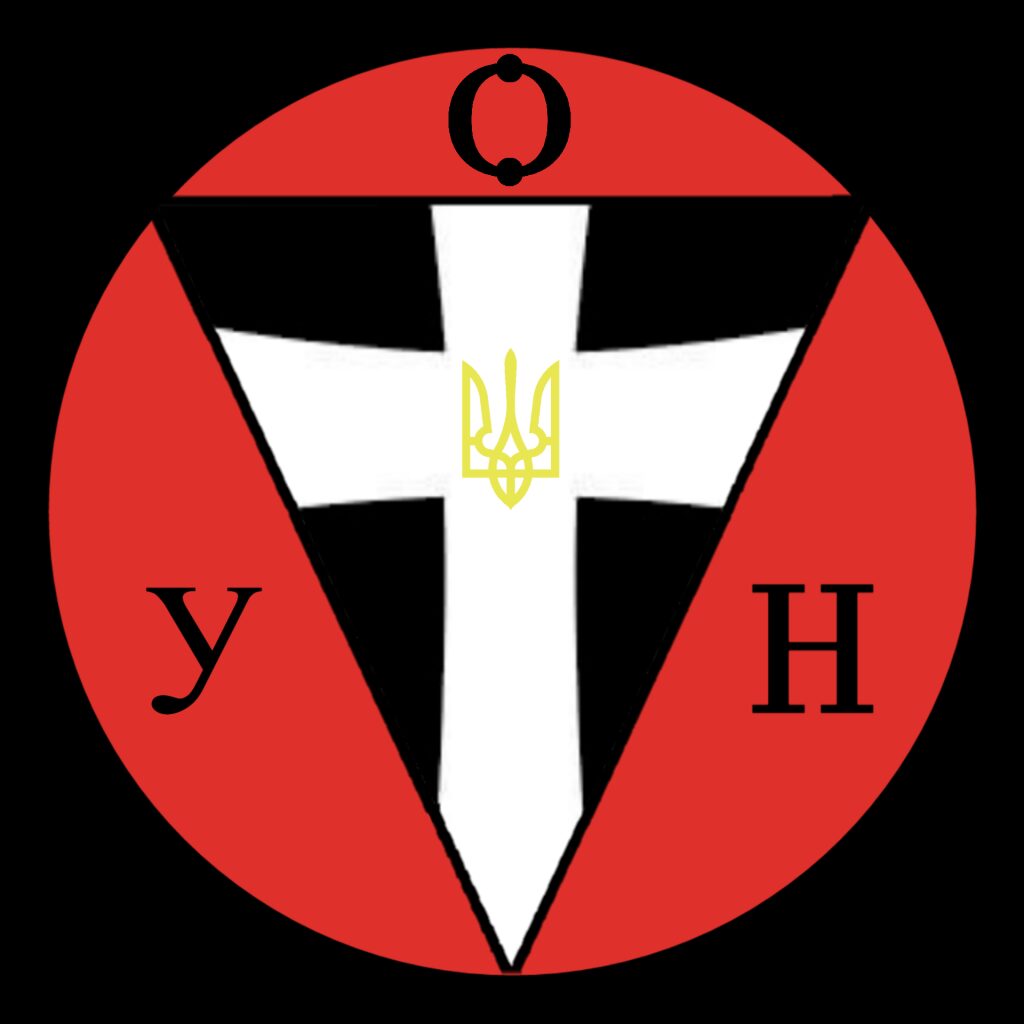

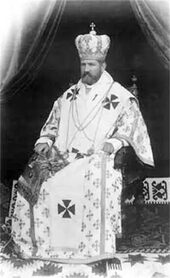
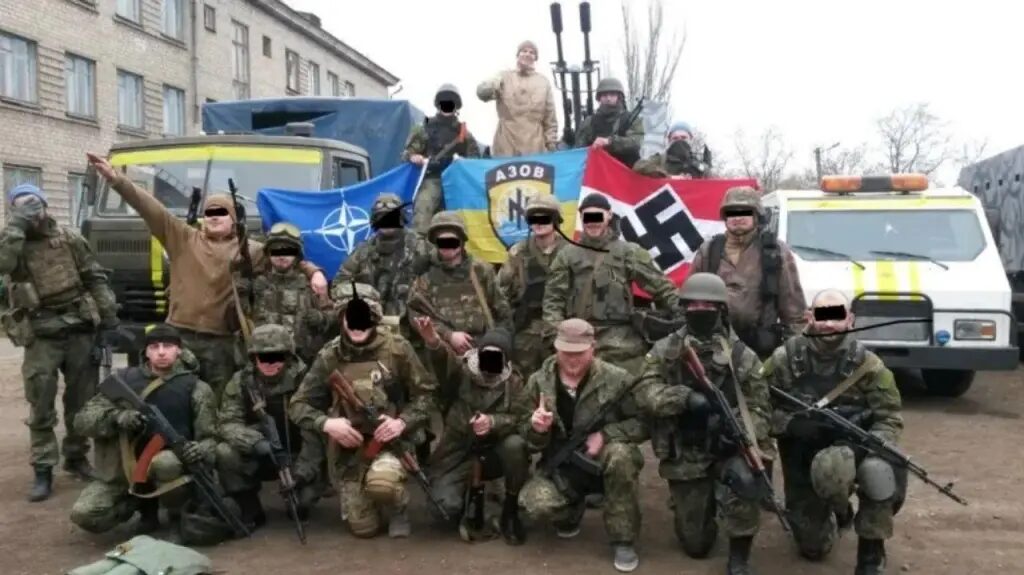
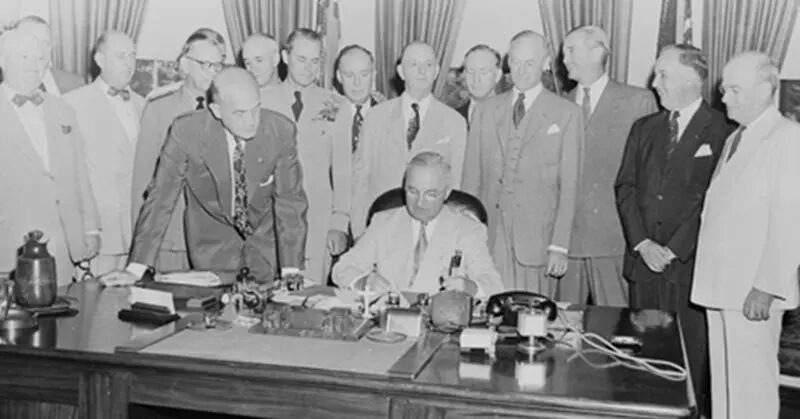
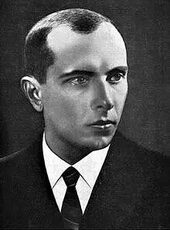
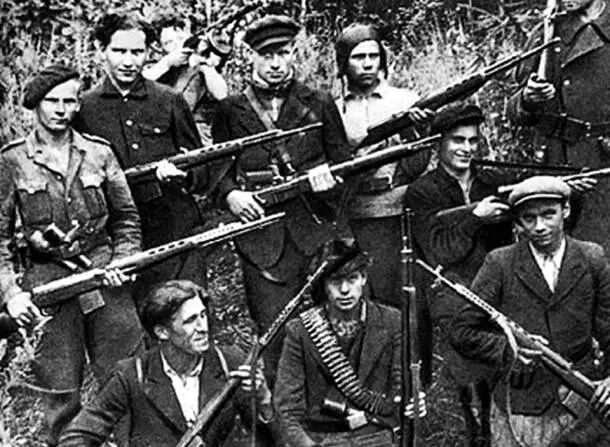
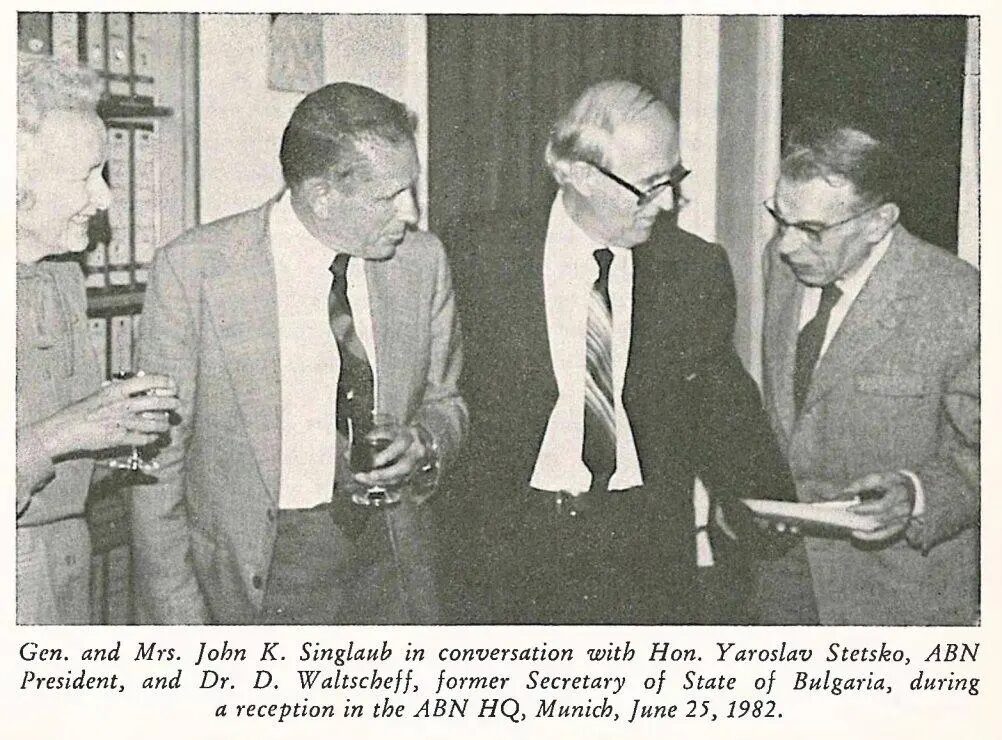
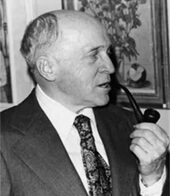
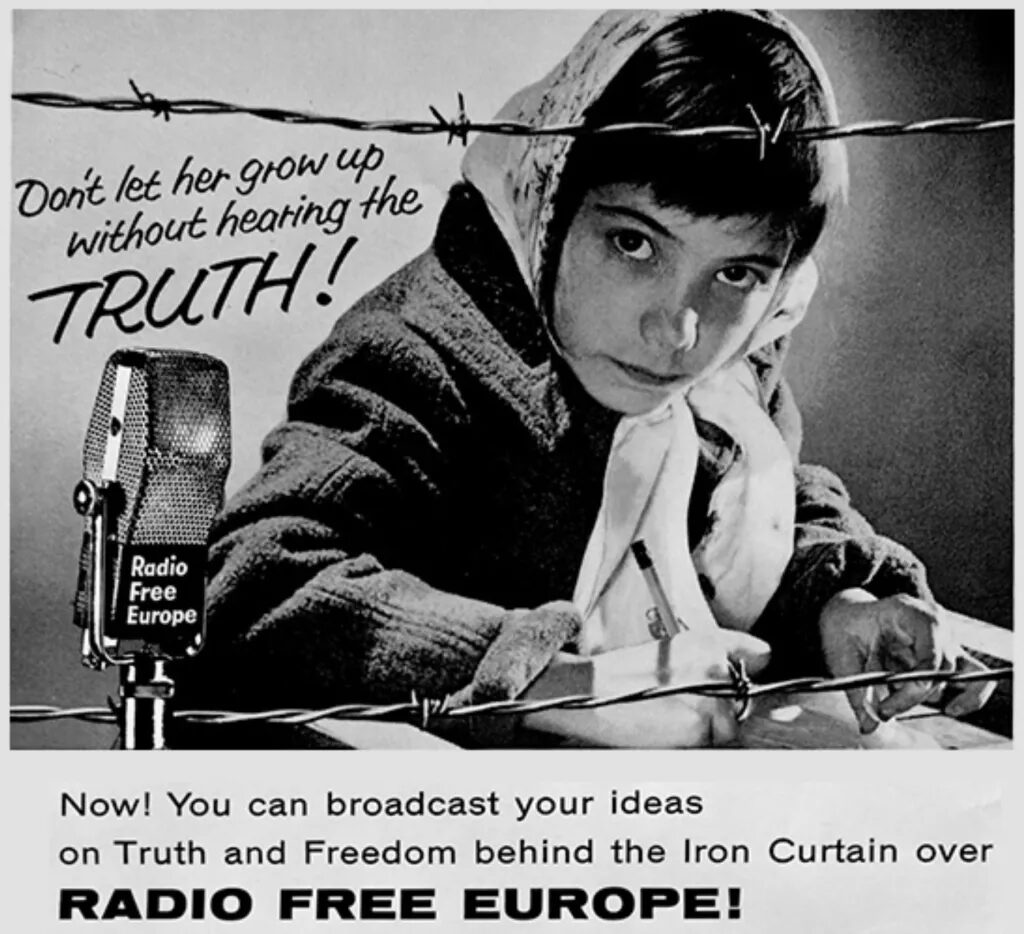
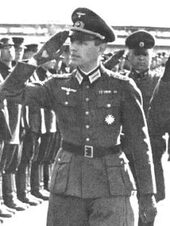
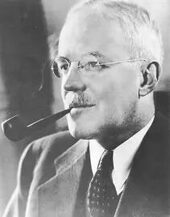
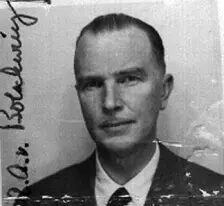
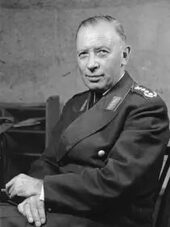
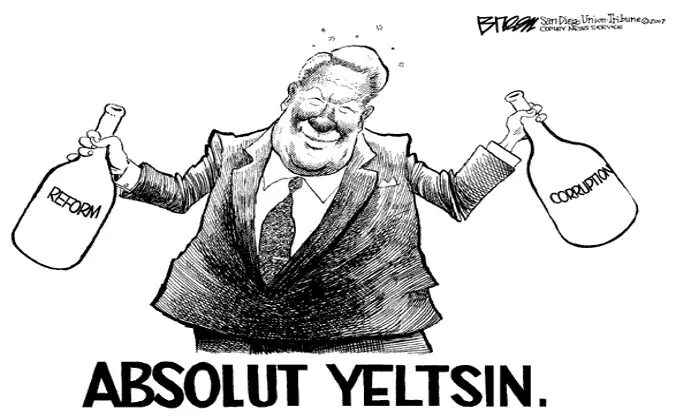
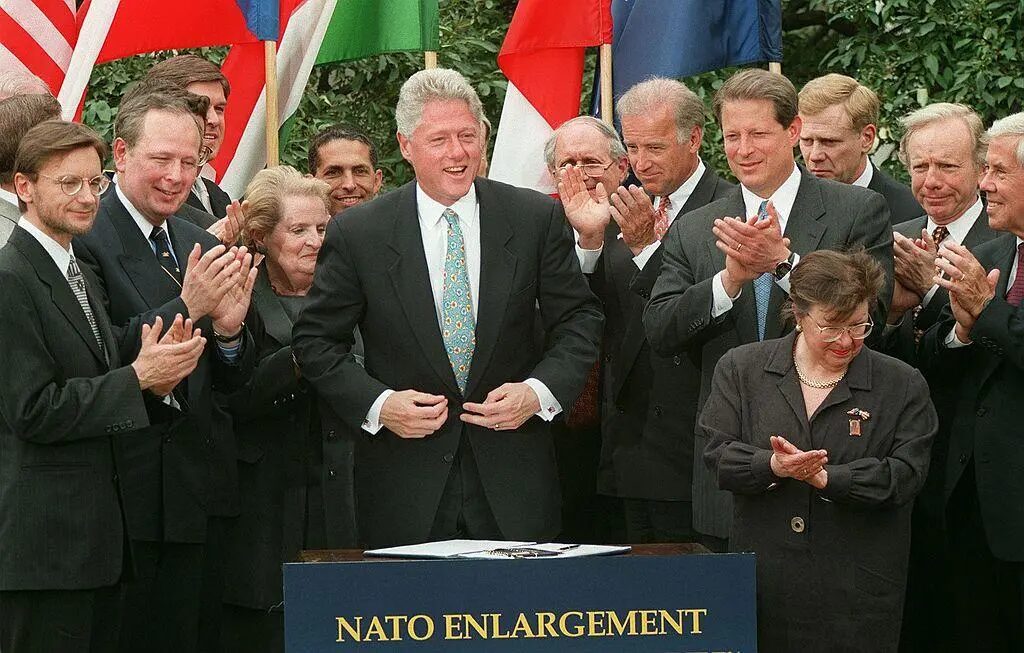




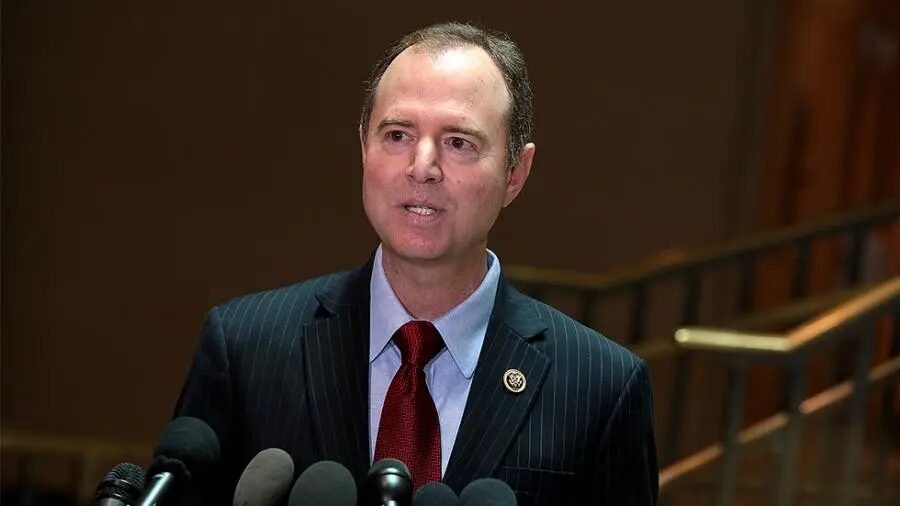
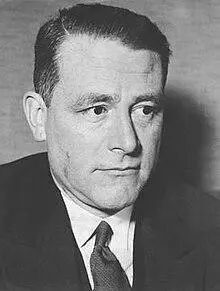



Læserkommentarer
dig vores Nyhedsbrev